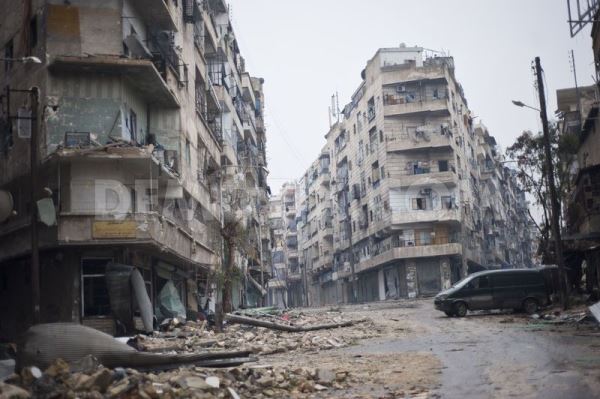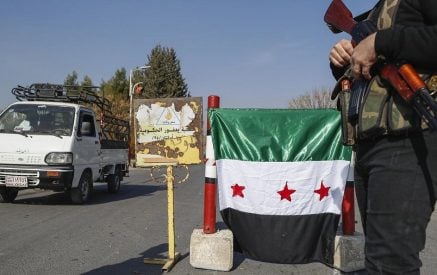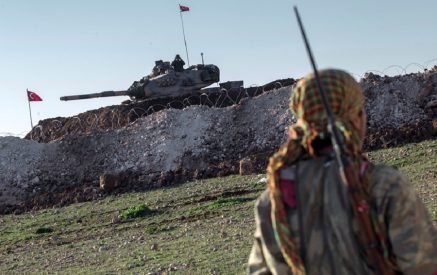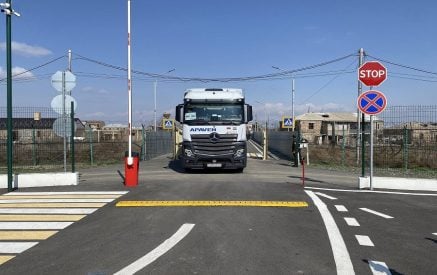Aleppo will not be the last battle in the war in Syria, even though many are hoping that it will at least pave the way for a resumption of peace talks. The experts invited to a hearing on the situation in Aleppo, held by the Political Affairs Committee, were unanimous in their assessment. As pointed out by Jean-Claude Mignon (France, EPP/CD) in his report, after more than five and half years, it is becoming clear that there cannot simply be a military solution to the Syrian crisis. The fall of Aleppo may not mean the end of the conflict and of the internal divisions, which are fuelled by foreign powers’ interests.
In the opinion of Florence Gaub, analyst at the European Union Institute for Security Studies, if the war in Syria has already set the country back 40 years, rebuilding it will require a great deal of time. In order to keep the peace there, some 250 000 men will be needed, “because a conflict of this magnitude does not simply disappear. It goes underground. At the same time, the risk of a flare-up in a region where a conflict has just taken place is always very high,” explained Ms Gaub, adding that it is the issue of security which is more of a concern for the people of Syria than political issues.
“Quite apart from the war, the people of Syria are having to contend with a whole series of related problems, such as various types of trade run by militias, corruption, arbitrary violence and the huge gap in wealth,” explained Frédéric Pichon, Middle East specialist and researcher at the University of Tours. “Every time the State retreats, the vacuum is filled by hybrid organisations that operate on the fringes of terrorism and the mafia,” he explained, underlining that it would take considerable amounts of time and money to restore peace.
A western-style democracy would, however, be ill-suited to a post-conflict zone, in Ms Gaub’s opinion: “the trick is to transpose democracy into a political culture.”
Read also
“As regards Aleppo and Mosul, there will have to be some discussion about the political future of the Sunni in the region,” pointed out Mr Pichon. “What is required is a political solution, not a military one. It is crucial to resume dialogue with everyone. Any policy that seeks to delegitimise and demonise one group relative to another will merely lead to deadlock.”
In its draft resolution and recommendation adopted unanimously on the basis of Jean-Claude Mignon’s report, the Political Affairs Committee accordingly calls for an inclusive Syrian-led political process leading to a genuine political transition which must meet the legitimate aspirations of the Syrian people and enable them independently and democratically to determine their own future, through free and fair elections, after stabilisation has been achieved in the country.
Parliamentary Assembly


























































